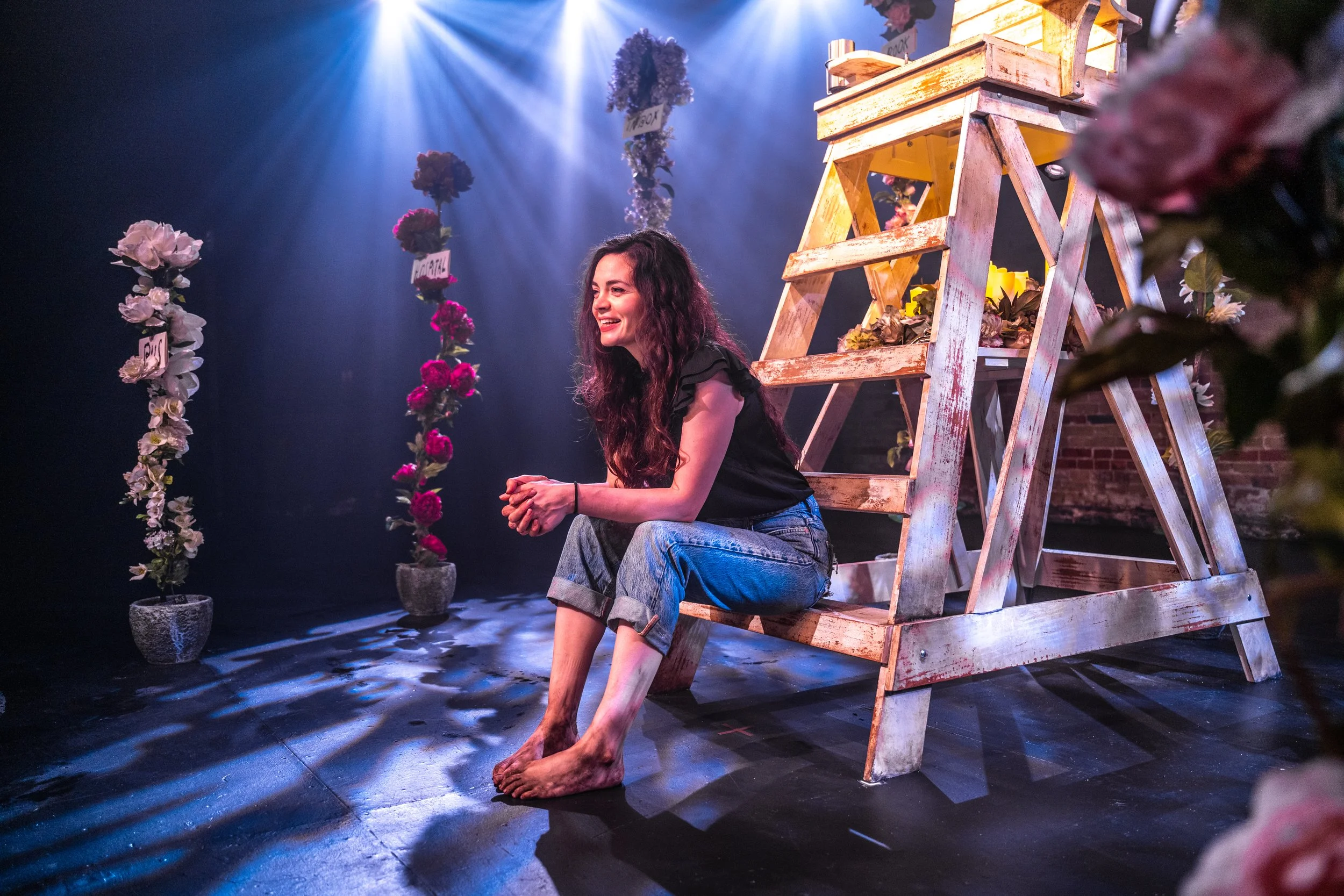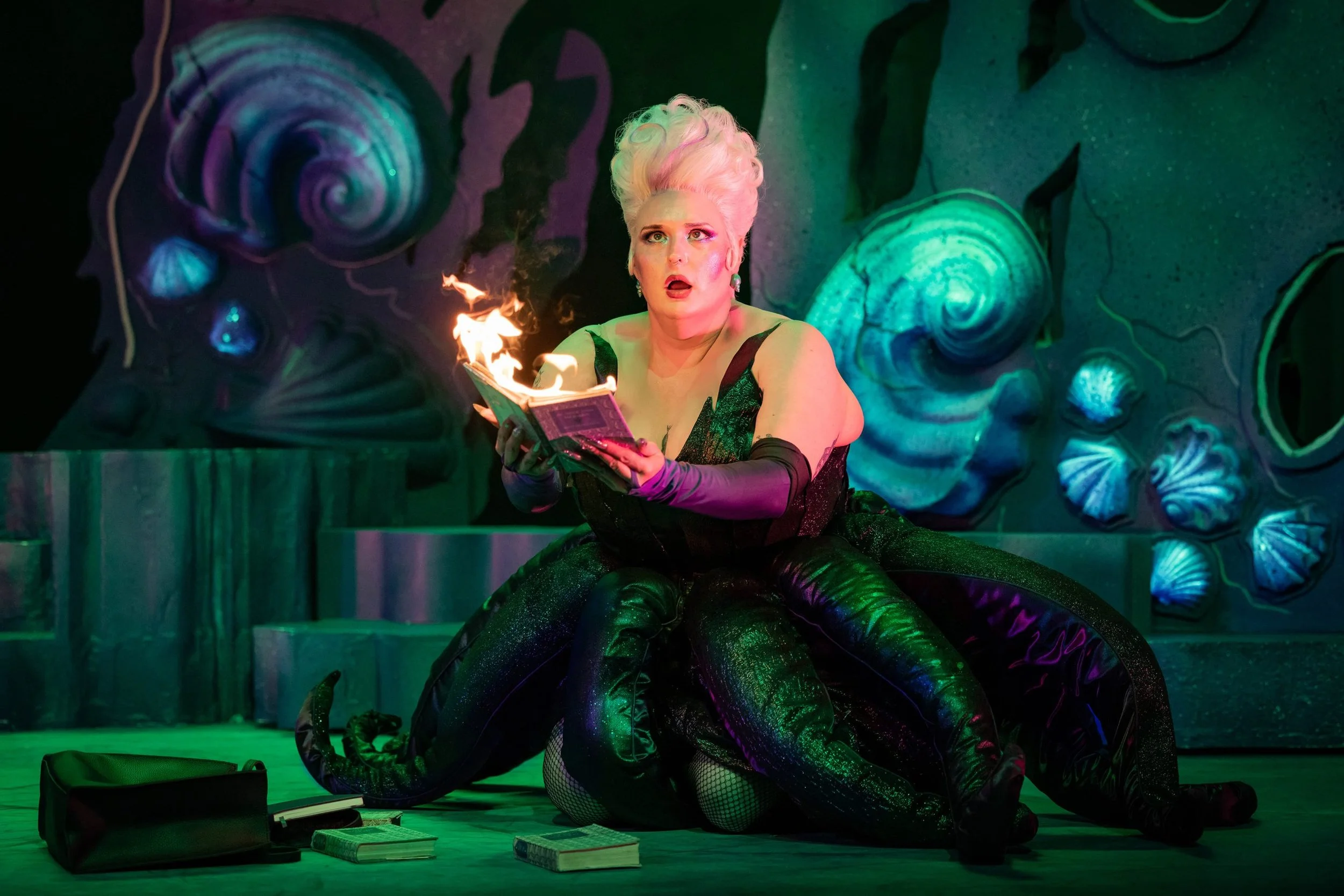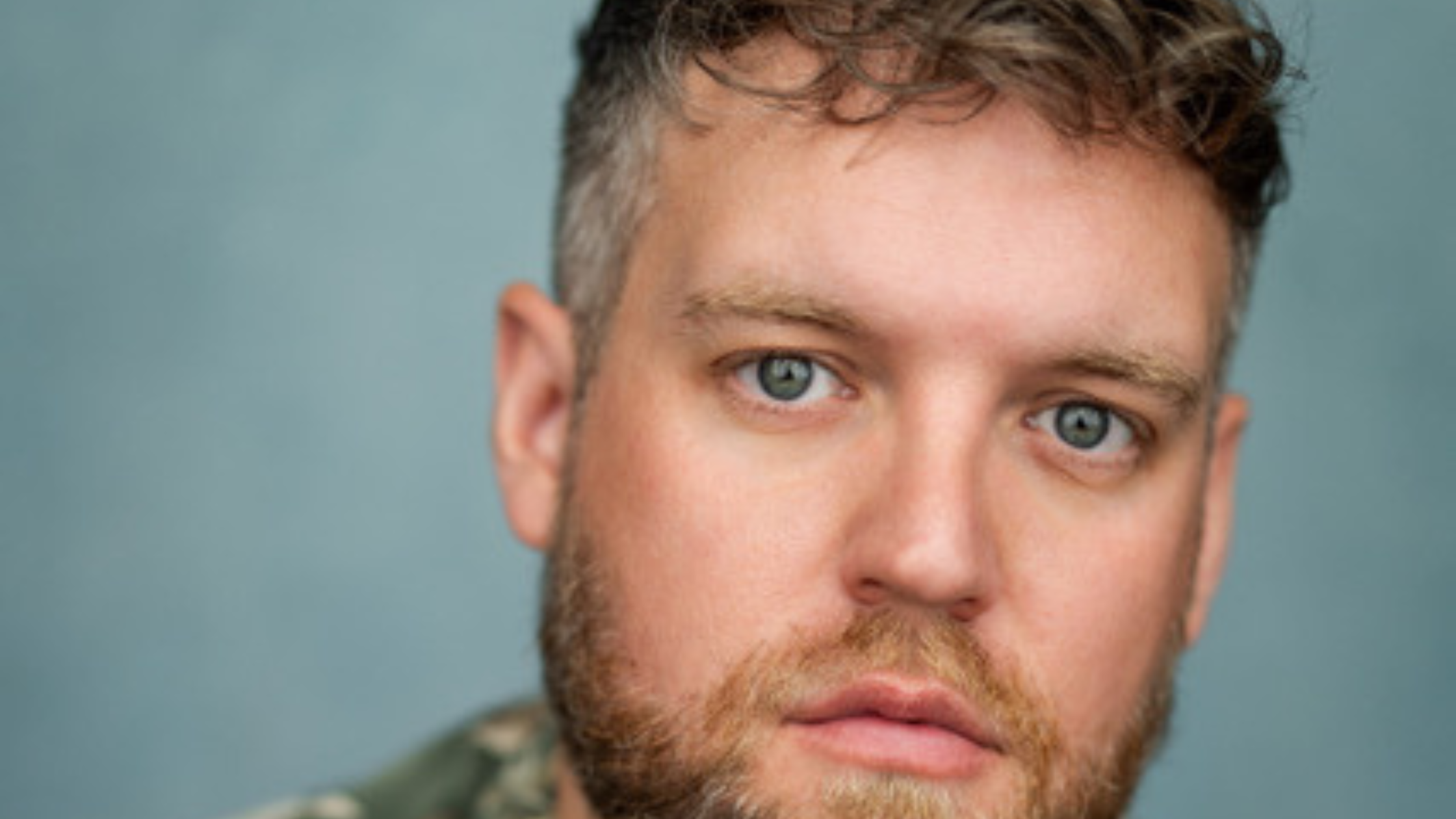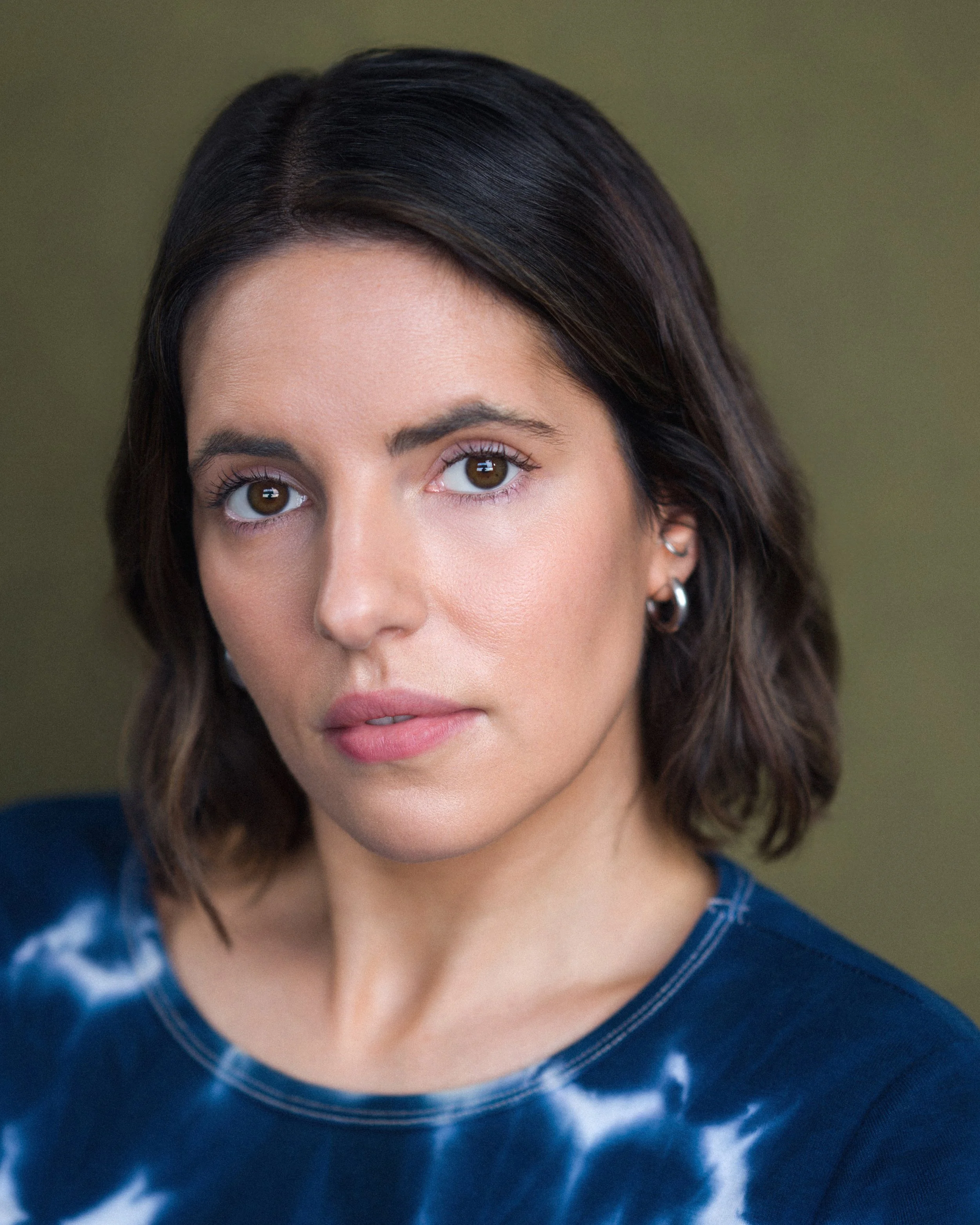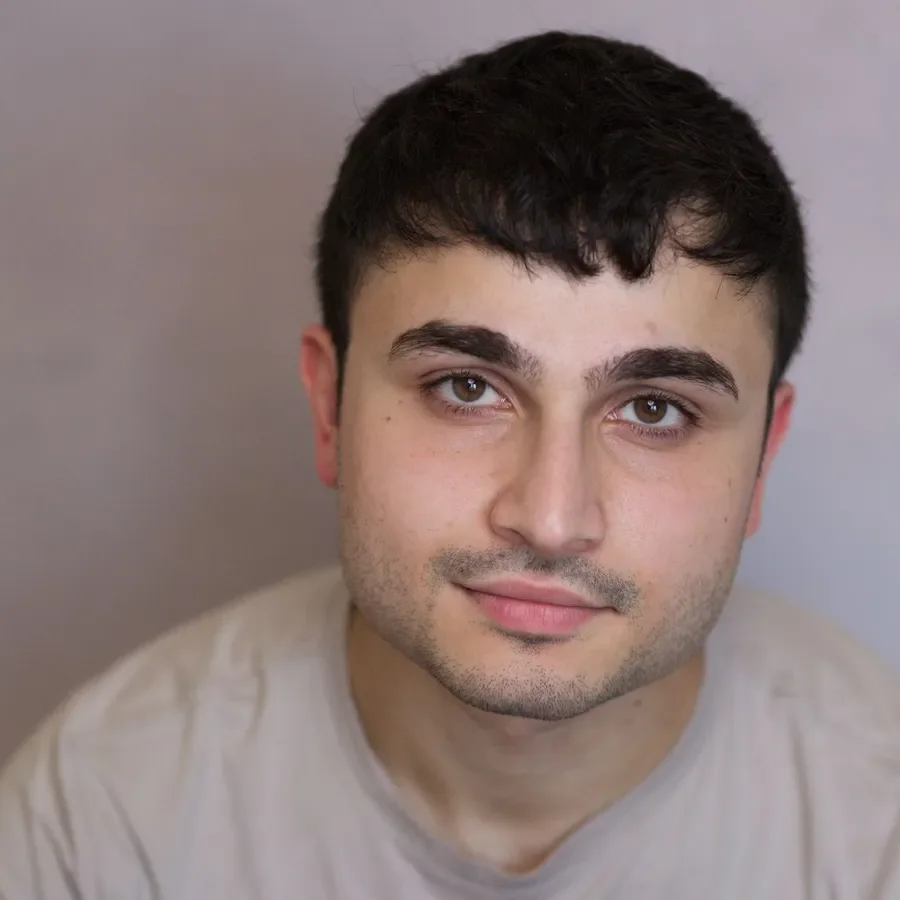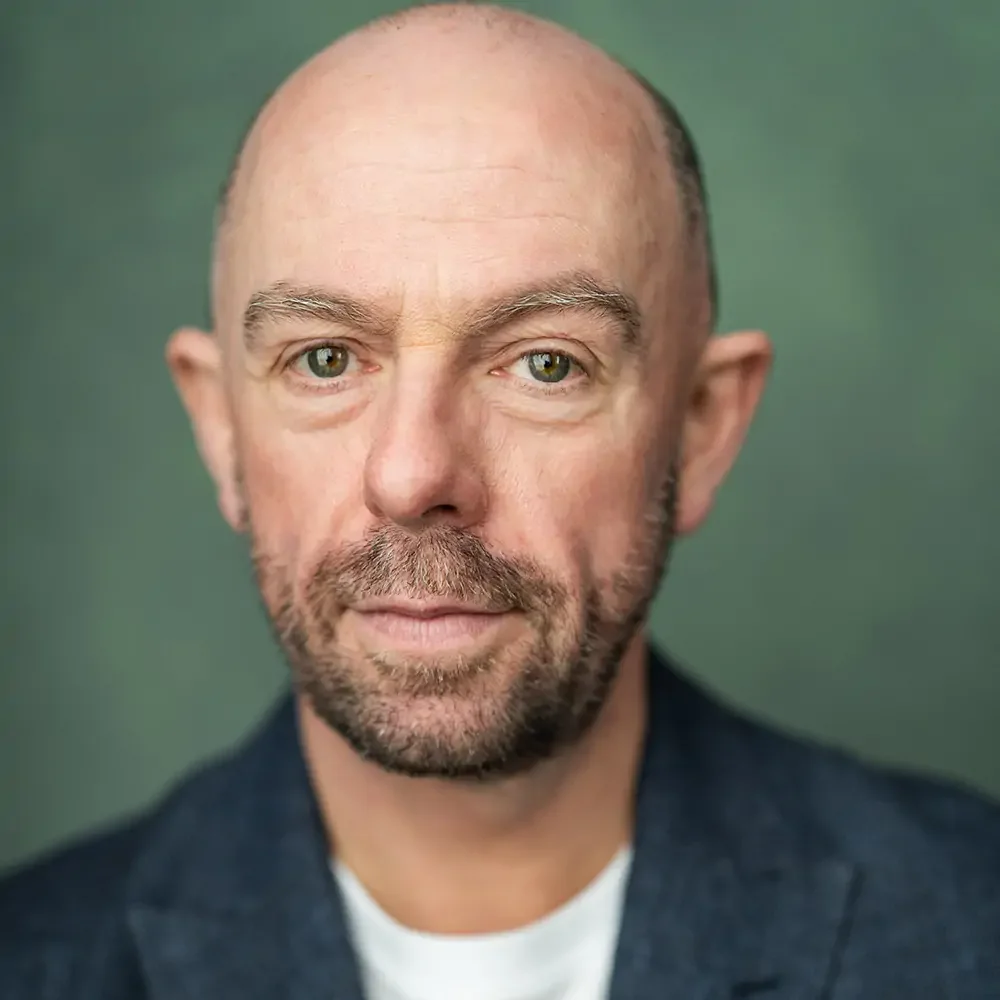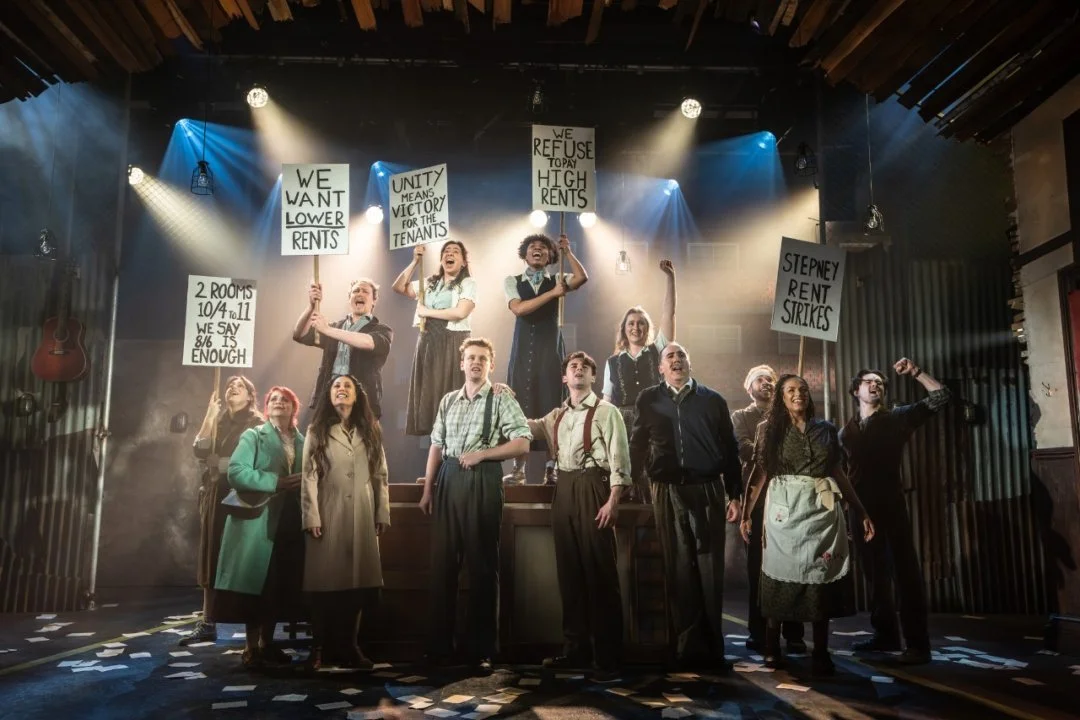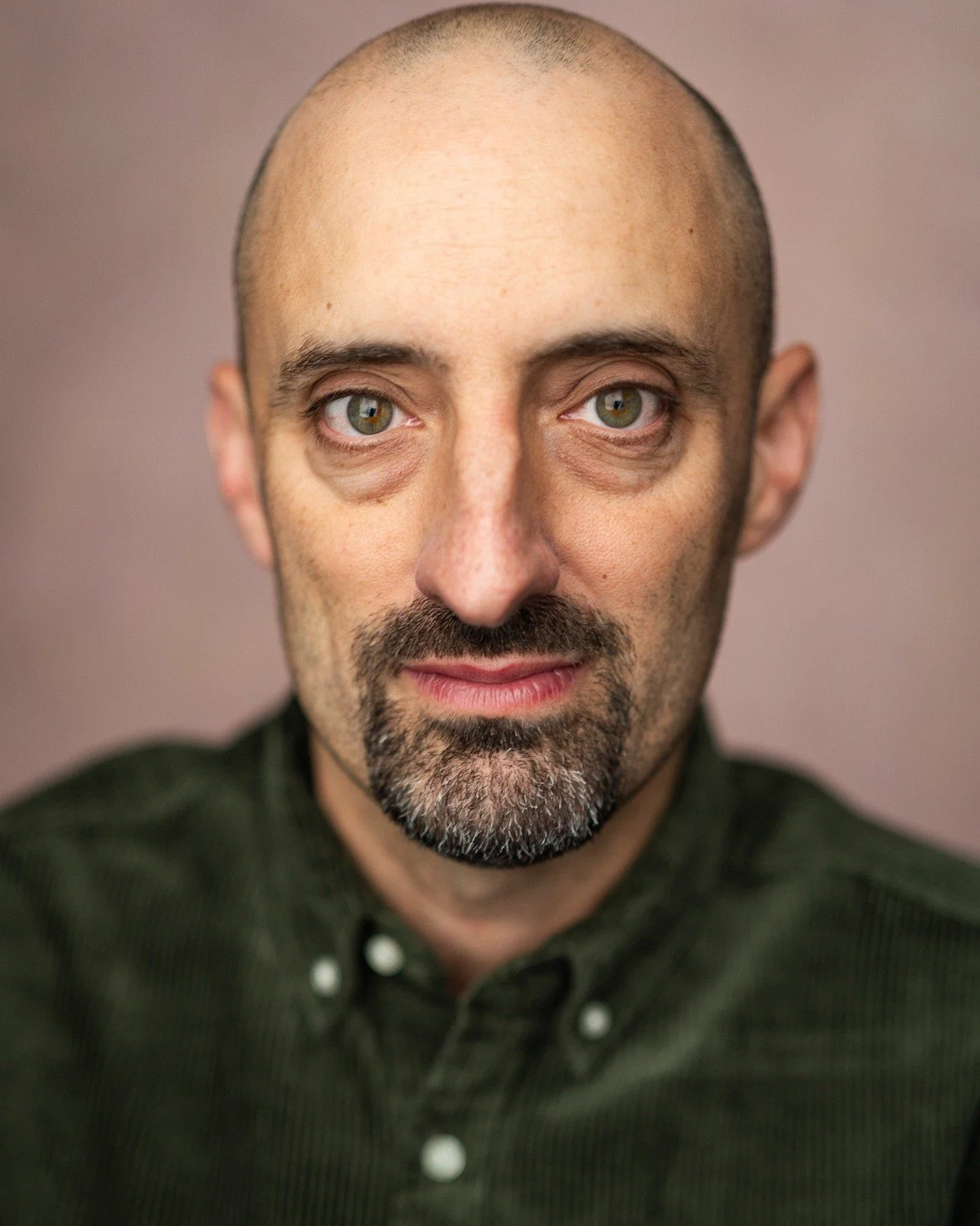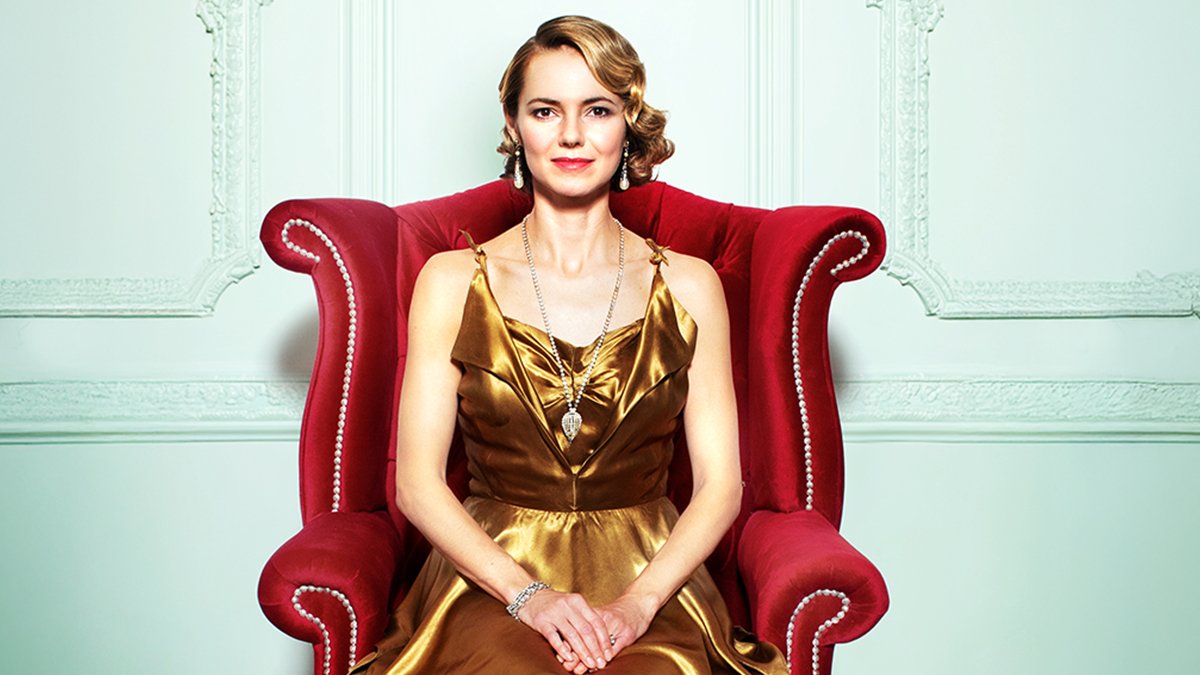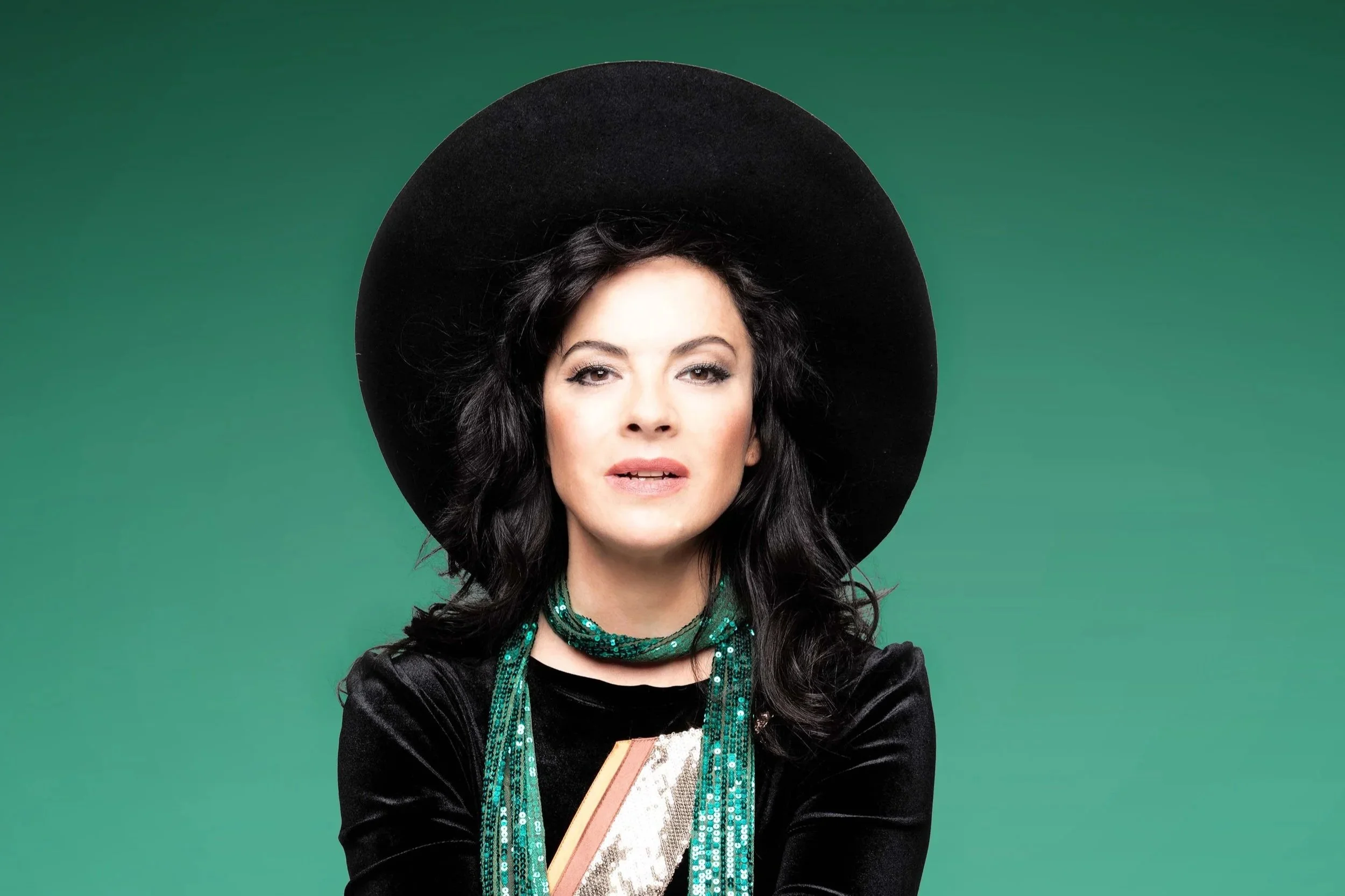Interview: Henry Neill, Trouble in Tahiti + A Quiet Place
Directed by Oliver Mears, a new production of Bernstein’s operas heads to the Royal Ballet and Opera in October. Ahead of its run at the Royal Opera House, we chatted with Henry Neill to find out more.
Could you start by introducing yourself and sharing how your passion for opera singing began?
My name´s Henry, I´m 35, I studied singing at the Royal Academy of Music in London but I now live with my wife and two children in Austria.
The first opera I ever took part in was a student production of Britten´s A Midsummer Night´s Dream at University. I remember clearly being backstage before a show and realising that this was what I wanted to do for a career. The enthusiasm and anticipation of all those involved created an electric atmosphere which I loved and still enjoy today.
How are you preparing to make your Royal Ballet and Opera debut in October?
I think I started by realising what an immense privilege it is to work in this place. The incredibly high standards demanded can be intimidating but that creates a good incentive to prepare as well as you possibly can. I have been working on this piece musically for probably about a year as I knew that A Quiet Place in particular can be quite tricky. In the few months before the rehearsals started I increased the number of musical and vocal coaching I had as well as working on creating characters and seeing how they might develop during the show. I think that this process will continue during the rehearsal process and perhaps even during the run of shows.
Could you tell me about your roles in the Bernstein Double Bill and how you approached bringing this character to life?
I actually play two characters in the Double Bill as I play Sam, as a relatively young man, in Trouble in Tahiti and Junior, Sam´s son, in A Quiet Place. This puts me in the rather unique position of playing my own character´s father, albeit in a different opera.
My brilliant drama teacher, when I was a student, provided us with a series of exercises and questions which help develop and round out a character. This includes asking basic questions such as what is your character´s age, do they have family members etc. to slightly more abstract questions such as where does your character see itself in 10 years, or what is the life that they wish they were living. This along with a series of other exercises helps create a really rounded character.
There is also a lot of information that can be gleaned from the libretto about your character so it is important to study the libretto in detail including what other characters may say about you when you are offstage.
Working on character is an incredibly rewarding activity and it can influence everything about your performance including everything from the tone of voice you use with a character to the way that you enter a room. It is an absolutely crucial part of being an opera singer.
Opera is a deeply collaborative art form. How has working with the director, conductor, and fellow cast members in this production influenced your performance?
Collaborative is exactly the right word for how we have been rehearsing so far. We are of course led by Oliver Mears the director and Nicholas Chalmers the conductor, both of whom bring a huge amount of knowledge and experience to our discussions. However, everyone in the room contributes, including the rest of the directing team, music team and production team and of course my colleagues on stage. We have been using personal biographies from the Bernstein family as well as books and film set in this period to inform our characters’ motivations. All of us of course bring our own experiences and knowledge to bear and all of this combined creates a deep well of information which we can use to inform our performances dramatically and musically. On top of that we have had movement and fight directors to help us with certain aspects of the show which have been a huge help.
What has been the most challenging aspect of building the double bill show, and what has been the most thrilling part of bringing this opera to life so far?
Personally, I have found it a challenge to be involved in two such different operas which are to be performed in one evening. Playing two such different characters can be a little confusing in the rehearsal room as we can swap quite quickly between operas when necessary. More challenging though is changing between the musical styles. Trouble in Tahiti is composed in the style for which Bernstein is well known, reminiscent of West Side Story or On the Town. That means that there is wonderful lyrical writing, much of it sitting easily in the middle of the register and with memorable melodies. A Quiet Place by contrast places a lot more demands on the voice. Bernstein illustrates Junior’s strained mental state by setting much of the music high in the voice with chromatic and staccato passages along with sudden changes in musical style. However, I find that the vocal writing is tailored so well to the two different characters that when music and text is combined it makes sense.
I think the most thrilling aspect so far has been find those moments of spontaneity on stage that work. This can be as simple as a different gesture or movement, or even the tone in which a phrase is sung. It can be really exciting to react to a moment of inspiration from another colleague and run with it just to see where it takes us. Often these spontaneous decisions work well and are used in the staging and that really makes one feel part of the creative process.
For those who are new to opera, what makes attending a performance such a unique and enjoyable experience?
Opera is a truly unique art form in that it combines many forms of art on to one stage. The music, the sets, the costumes, the lighting and the movements of those onstage are all there to illustrate and deepen the understanding of the underlying emotions in the text. These operas in particular deal with real life issues that we can all relate to in a very real way. I also always enjoy the amazing atmosphere that welcomes you as soon as you walk into a theatre, especially one as extraordinary as the Royal Ballet and Opera, Covent Garden.
Who is it suitable for?
As these operas deal with some adult themes, I would suggest that it is probably only suitable for those over 16.
Finally, what makes Trouble in Tahiti and A Quiet Place a must-see double bill for audiences?
I can say with absolute certainty that there is never a dull moment in this double bill. We have tragedy, comedy, violence, sensuality and everything in between. Without giving too much away, it’s also worth coming just to see a strip tease at a funeral. The show is also a must see for anyone who is a fan of Bernstein´s music as the two operas, which span practically his entire career, are rarely performed together.
Henry Neill performs in Trouble in Tahiti + A Quiet Place at the Royal Ballet & Opera 10-24 October. The 22 October performance is audio described, captioned and sensory adapted. Tickets at rbo.org.uk


